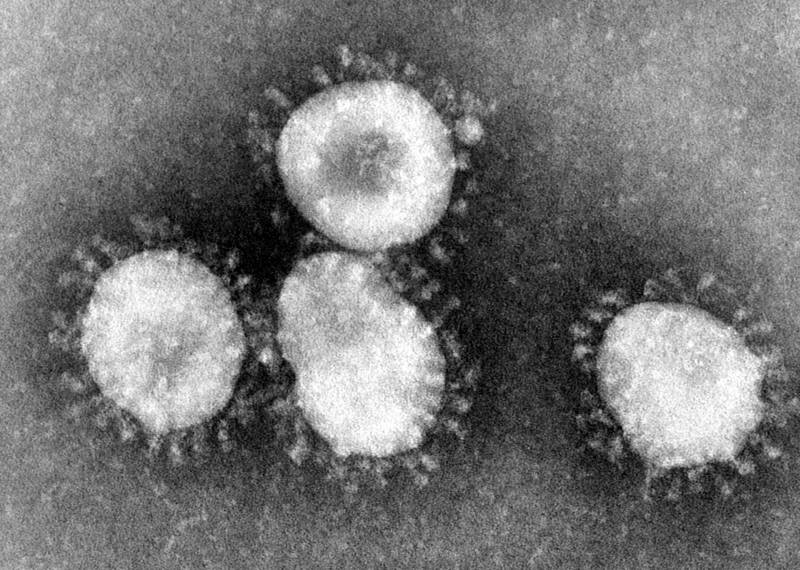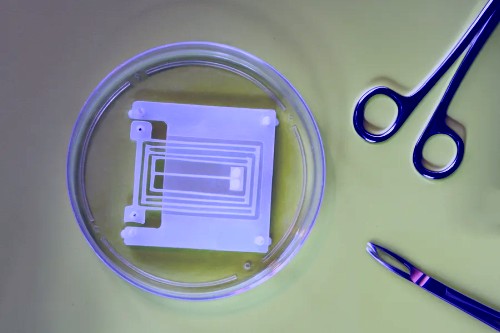Novo Nordisk submits rFXIII BLA to FDA for tratment of inherited bleeding disorder
Novo Nordisk announced today that a Biologic License Application (BLA) has been submitted to the U.S. Food and Drug Administration (FDA) requesting the approval of a recombinant factor XIII compound (rFXIII) for the vast majority of patients with congenital factor XIII (FXIII) deficiency, an inherited bleeding disorder. The company anticipates filing its marketing authorization application to the European Medicines Agency in Q2 2011.
Currently, FXIII deficient patients are treated with products derived from human blood plasma, which carry an inherent risk of contamination. Treatments created using recombinant technology are genetically engineered and not sourced from human blood or plasma. The use of this technology in the development of treatments helps to reduce the potential risk of transmitting blood-borne illnesses.
Patients with congenital FXIII deficiency have a lifelong susceptibility towards bleeding problems, including spontaneous intracranial hemorrhage. Caused by a lack of the protein clotting factor XIII, FXIII congenital deficiency has a prevalence of one case per two million people. With an estimated 600 diagnosed patients worldwide, FXIII deficiency is considered one of the rarest bleeding disorders.
“Novo Nordisk is committed to serving the bleeding disorder community, and this submission marks a major milestone in the expansion of our product offerings to this patient group,” said Eddie Williams, Vice President of Biopharmaceuticals at Novo Nordisk. “The development of a treatment that does not depend on blood products is an important step for the hundreds of patients affected worldwide by congenital FXIII deficiency.”
Positive results from a phase 3 trial examining the efficacy and safety of rFXIII for the prevention of bleeds associated with congenital FXIII deficiency showed that when compared to a historic control group of individuals who did not receive routine FXIII infusions, preventive treatment with monthly recombinant FXIII injections significantly decreased the number of bleeding episodes requiring treatment. These data were presented at the American Society of Hematology (ASH) meeting in December 2010, and marked the first completed phase 3 study conducted to study the use of a recombinant FXIII treatment to prevent bleeding episodes in congenital FXIII deficiency patients.
In the trial, 41 patients were observed over one year, with rFXIII administered as a preventive, once-monthly replacement therapy for FXIII congenital deficiency. Over the course of the treatment period, a total of five bleeding episodes, all associated with trauma and requiring additional FXIII treatment, were observed in four patients. Additionally, no thromboembolic events or fatal adverse events were reported.
Source : Novo Nordisk









Post Comment
You must be logged in to post a comment.